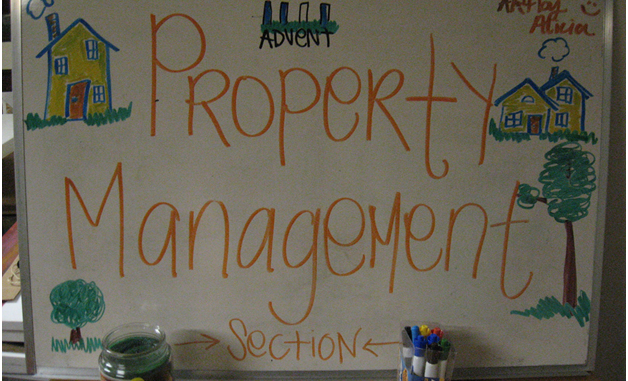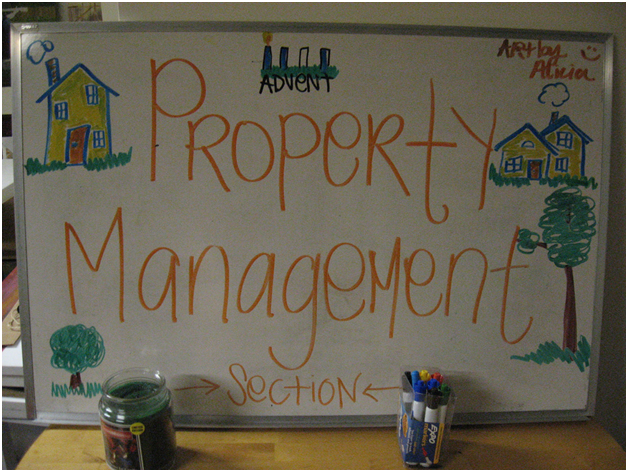
Property managers are hired to oversee and carry out the daily operations, acting as an intermediary between the tenants and property owner.

Property management focuses primarily on managing operations, overseeing and controlling:
– Property finances: set, adjust and collect rent from the tenants.
– Managing tenants: deal directly with tenants and manage tenant screenings, complaints, evictions and management of leases.
– Property integrity: maintenance and repairs to the property.
– General operations: such as overseeing vacant properties.
Benefits
There are good job opportunities within property management. More companies have started to hire both new and seasoned professional property managers, such as businesses specialising in property management in Dublin. You can gain experience in a wide range of tasks, strengthening your skills and employment value.
Knowledge of real estate can be extremely beneficial, particularly for any future investments and/or employment.

Types of positions
– Property manager: takes charge of the client’s property by organising tenants, managing rental payment and reporting regularly to the owner of the property.
– Acquisitions manager: arranges purchases of real estate, negotiates and finalises contracts.
– New building site manager: ensures the integrity of the property’s construction and oversees construction projects.
– Architectural manager: develops designs and construction of the property. Coordinates with company staff and those involved in the property’s development.
– Survey manager: supervises the planning of elevations and dimensions of the property, managing data and layout calculations.
– Lettings negotiator manager: working between the property owner and the tenants, they handle tenant applications and references, create advertising material and generate new business.
Best locations to work
Unsurprisingly, the top location for property managers is London, as it has the highest population in the UK. Other cities have good opportunities, such as property management throughout Dublin. In addition to the residential letting industry, holiday letting can be a lucrative business.
Key skills needed
– Communication: good communication skills are a necessity for liaising with clients.
– Strategy planning: this will help you to efficiently manage properties.
– Organisation: dealing with multiple properties – both paperwork and interactions – you must be efficient and well organised.
– Negotiation: you must be a good negotiator to get the best deal for your clients.
Salary
The average salary for a property manager in the UK is £32,500.